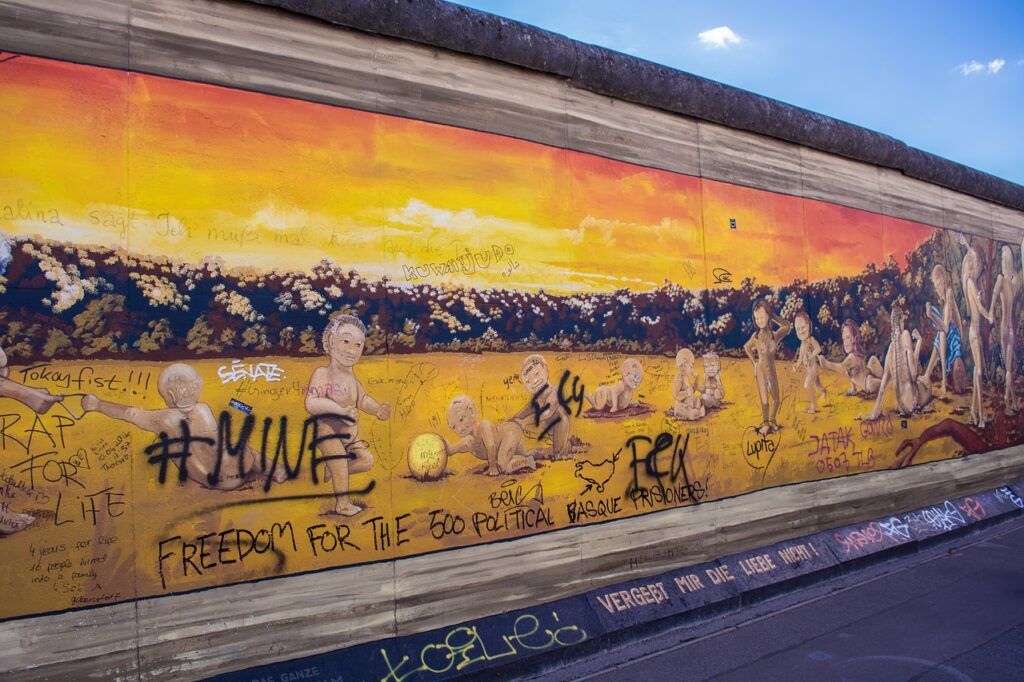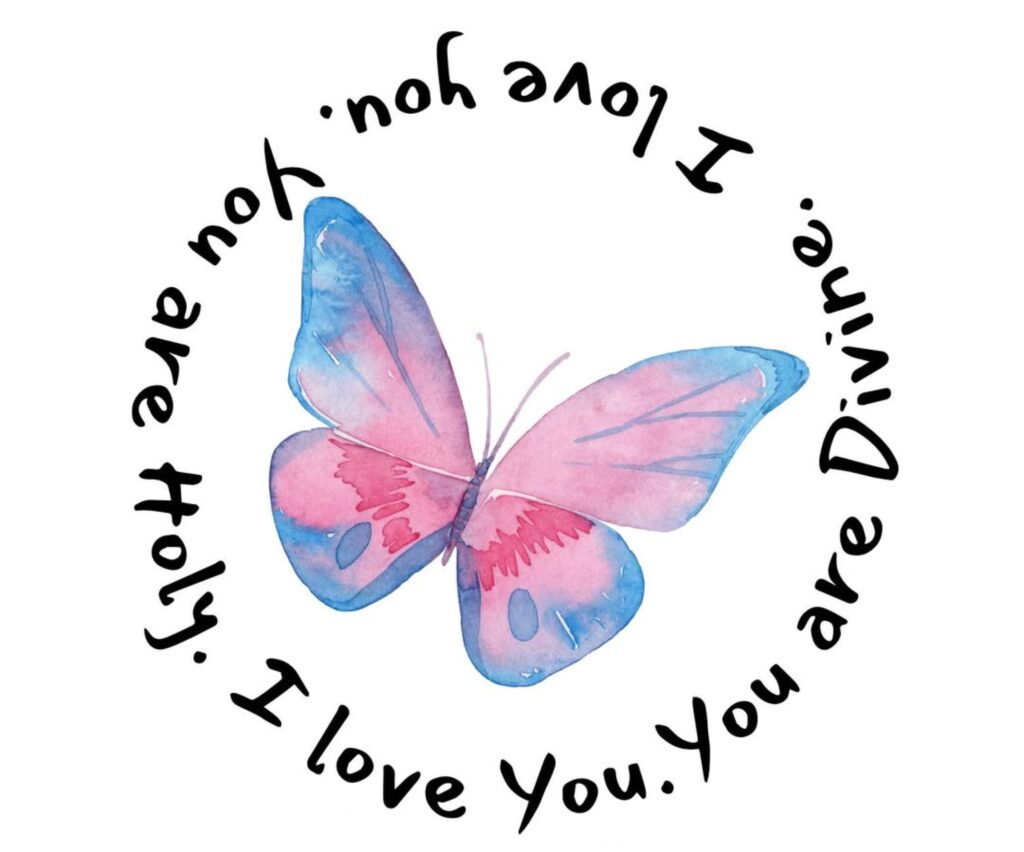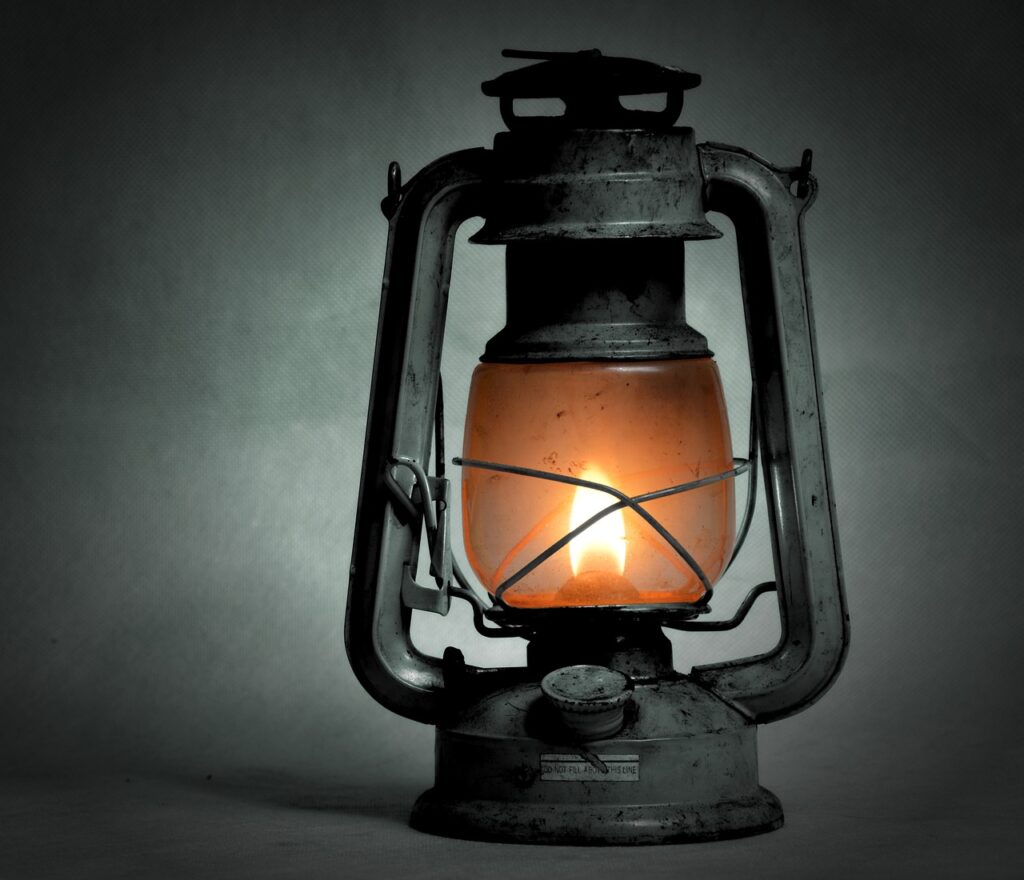 Beth Murray retires today from the Church of the Larger Fellowship after 20 years of service to our congregation. Beth has been passionate and compassionate in her service, especially to our incarcerated members. Today’s Daily Compass features her words–honor someone important to you today.
Beth Murray retires today from the Church of the Larger Fellowship after 20 years of service to our congregation. Beth has been passionate and compassionate in her service, especially to our incarcerated members. Today’s Daily Compass features her words–honor someone important to you today.
We make channels for streams of love by writing letters and being a voice of support and compassion. We open our umbrella of Unitarian Universalism and create a safe space to allow our incarcerated members to feel heard and loved. We offer just a small moment of relief from the traumatic environment of prison.
You have not been forgotten.
You are worthy.
Breathe deeply.
Take a moment, close your eyes and breathe again.


 Beth Murray retires today from the Church of the Larger Fellowship after 20 years of service to our congregation. Beth has been passionate and compassionate in her service, especially to our incarcerated members. Today’s Daily Compass features her words–honor someone important to you today.
Beth Murray retires today from the Church of the Larger Fellowship after 20 years of service to our congregation. Beth has been passionate and compassionate in her service, especially to our incarcerated members. Today’s Daily Compass features her words–honor someone important to you today.

